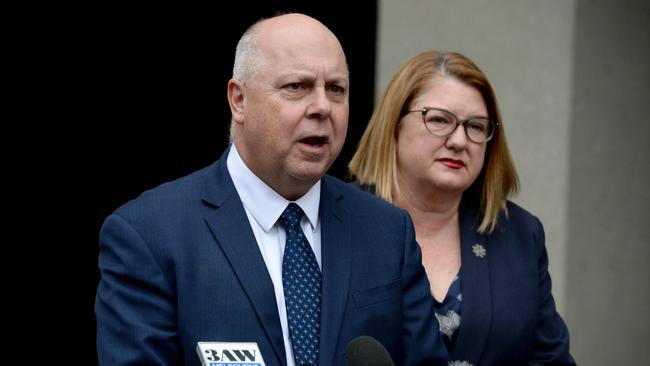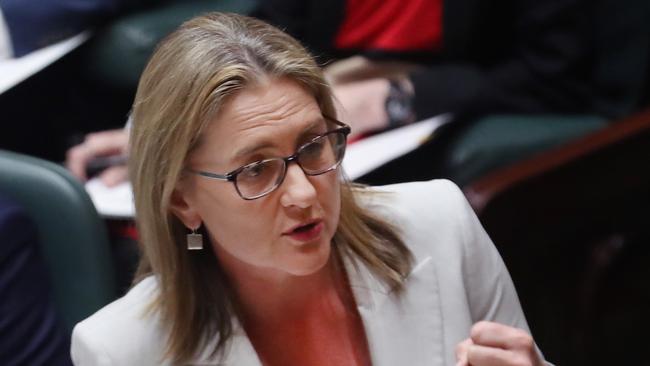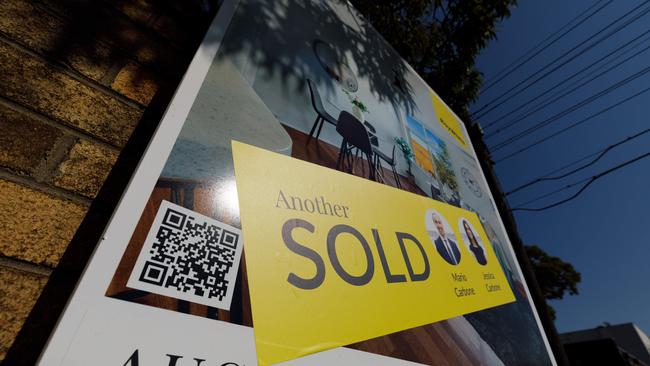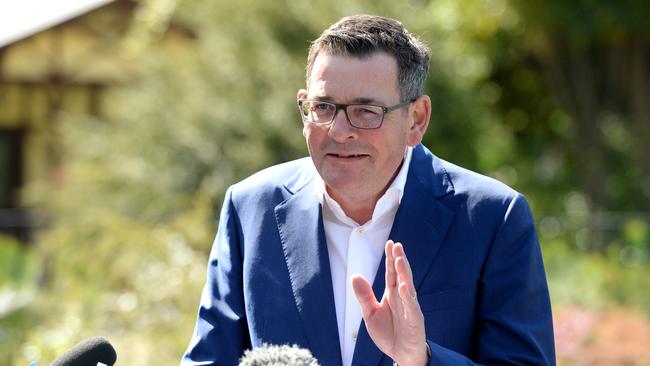Experts predict new vacant land tax will do little to help housing crisis
Property experts have weighed in on how much a new controversial land tax in one state will do for the housing crisis.
The efficacy of an expanded land tax in solving Victoria’s housing crisis has been questioned after a week of attacks from the opposition.
This week, Treasurer Tim Pallas announced that Victoria’s vacant residential land tax, a charge on homes that have been unoccupied for more than six months, will be expanded across the state, including regional areas, from January 1, 2025.
Currently, only properties in Melbourne’s inner and middle-ring suburbs are affected by the tax, which is charged at 1 per cent of the total value of the property.
The government says the tax will prompt the owners of vacant properties to sell as the nation battles a housing crisis, with house prices and rents soaring.


“We can’t afford really to have vacant land in metropolitan Melbourne sitting idle for year on year,” Mr Pallas said.
“Our clear message to landowners is to either develop the land or sell it to someone who will.”
That sentiment was not echoed by University of Melbourne property professor Piyush Tiwari, who threw doubts on the government’s claims that the new tax would go far in addressing the housing crisis, describing it as a “blunt instrument”.
“The implications are not that great in the sense that it’s not going to bring say more than 700 or 800 houses onto the market. From that perspective I’m not sure how effective this instrument will be,” he said.
“It’s only those people who have a second home or holiday home (who will be affected).”
Victoria’s Property Council said it expected more than the government’s prediction of a few hundred property owners to be impacted by the tax.

The council’s executive director Cath Evans said the tax also added an unnecessary burden, as property owners would have to figure out if they were affected by the legislation.
“It’s building a lot of administration for what they state is a small number of homes, which really won’t shift the dial on the housing conundrum that we currently have,” she said.
It was described as a “smart policy” by Victorian Council of Social Service interim chief executive Juanita Pope, who urged the government to put the tax revenue towards social housing.
“Empty residential land that’s banked by investors and land barons benefits nobody,” Ms Pope said.
“Creating a financial incentive for land investors to build homes or relinquish the empty land is smart policy.”
The government’s decision was one of the first under the leadership of Jacinta Allen, who took over from former premier Daniel Andrews after he resigned last month.
Mr Pallas blindsided the industry when announcing the tax at a breakfast just a week after the government signed an affordability partnership with the Property Council.

Earlier this week, Ms Evans said the government did not act in “good faith” by making the move without consulting industry.
“We’ve had a rocky start to (this administration) … planning for reform of this type doesn‘t occur overnight and we were not included in any of that process or aware that it was coming,” she said.
The opposition has come out swinging against the move, with Liberal MP James Newbury slamming the secrecy around the policy.
“Haven’t we seen the lack of consultation with industry groups in the last 24 hours?” he asked in parliament this week
“We’ve seen the property industry talking about the burning, the torching of the government’s relationship with the sector.”




